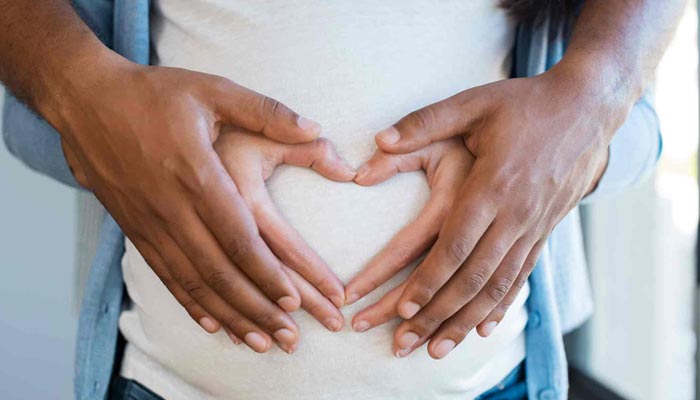
What to Know About High-Risk Pregnancy
A high-risk pregnancy means complications exist that could potentially affect the mother, her baby, or both. Specialist care is typically needed for high risk pregnancies. An expecting mother with a high-risk pregnancy may have more prenatal visits to ensure she receives extra care. What are the factors that determine whether a pregnancy is high-risk? Here are a few of the most common ones.
Age of Mother
Any woman under 17 or older than 35 is at a higher-risk than most. Women in their 40s are considered even more at risk because their chance of having a miscarriage or a baby with genetic defects increases drastically.
Pre-existing Medical Conditions
A mother’s medical conditions tend to increase risk during pregnancy. High blood pressure, heart disease, diabetes, autoimmune diseases and sexually-transmitted diseases all add an element of risk to pregnancy. Additionally, a history of miscarriages and a family history of genetic disorders increase risk.
Medical Conditions Developed During Pregnancy
There are two common conditions a woman can develop during pregnancy to make her high-risk – gestational diabetes and preeclampsia. Gestational diabetes is temporary in most cases. Like normal diabetes, one’s body does not produce enough insulin to regulate sugar, which leads to frequent urination, excessive thirst and other symptoms. Preeclampsia is a chronic kidney disease resulting in high blood pressure, protein in urine and water retention, which leads to swelling.
Birth Issues
Issues during the actual birth also add risk to a pregnancy. Premature births – any births before 37 weeks – are high-risk. Multiple births are also high-risk because premature birthing is more likely to happen. Fetal problems such as structural development issues add risk to pregnancy. Doctors are sometimes able to identify these before birth with an ultrasound.
Additionally, placenta previa, a condition where the placenta covers the cervix, is high-risk because it often causes excessive bleeding. A cesarean section may be necessary if the placenta still covers the cervix close to birth to prevent excessive loss of blood.
Handling a High-Risk Pregnancy
Many women have successful deliveries even though they had high-risk pregnancies. If you fall into the high-risk category, don’t be discouraged. There are several things you can do to stay as healthy as possible.
- Visit your doctor before conceiving to find out all your medical conditions.
- When you do conceive, go to all your prenatal check-ups.
- Take 400 micrograms of folic acid before you conceive and during your pregnancy.
- Build a support system around you of encouraging family and friends.
- Lead a healthy lifestyle by staying active, eating well and gaining the right amount of weight.
Don’t let a high-risk pregnancy steal your joy. Take all the necessary precautions, and focus on enjoying your pregnancy and your soon-to-be baby.
